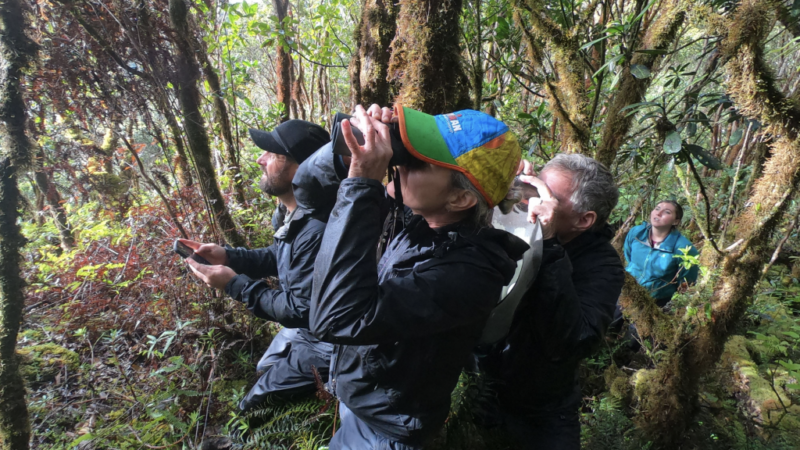malaria intervention strategies
Dr. Cali Crampton: Protector of our Feathered Friends
Armed with a Ph.D. in Ecology, Evolution, and Conservation Biology from the University of Nevada at Reno, Dr. Lisa “Cali” Crampton is no stranger to the intricacies of avian ecosystems.
Her doctoral research explored the ecology and conservation of Silky-flycatchers (Phainopepla nitens), shedding light on the plight of these threatened passerines in southern Nevada. Not content with theoretical contributions, she led a dynamic team in designing an adaptive management plan as part of the regional Habitat Conservation Plan, a planning document that is recognized by the U.S. Fish and Wildlife Service as part of the enforcement of the Endangered Species Act, ensuring the preservation of threatened desert woodlands crucial to the survival of Phainopeplas and other sensitive species in Nevada.
Dr. Salim Abdulla: The Heart and Soul of Malaria Research
Dr. Salim Abdulla is a distinguished clinical epidemiologist whose remarkable career has significantly impacted the global fight against malaria and emerging pathogens. With over 20 years of experience in conducting clinical trials and groundbreaking research, he has played a pivotal role in shaping national malaria policies and leading innovations in healthcare.
Throughout his career, Dr. Abdulla has focused on evaluating and introducing critical interventions in the fight against malaria. He conducted extensive research on insecticide-treated bednets (ITNs) and artemisinin-based combination therapies, leading to important advancements in national malaria policy formulation. Notably, he is currently engaged in the evaluation of new malaria vaccines and treatments, with the goal of achieving regulatory licensure.

